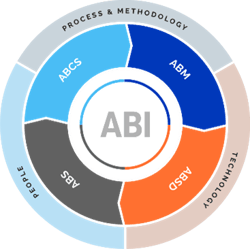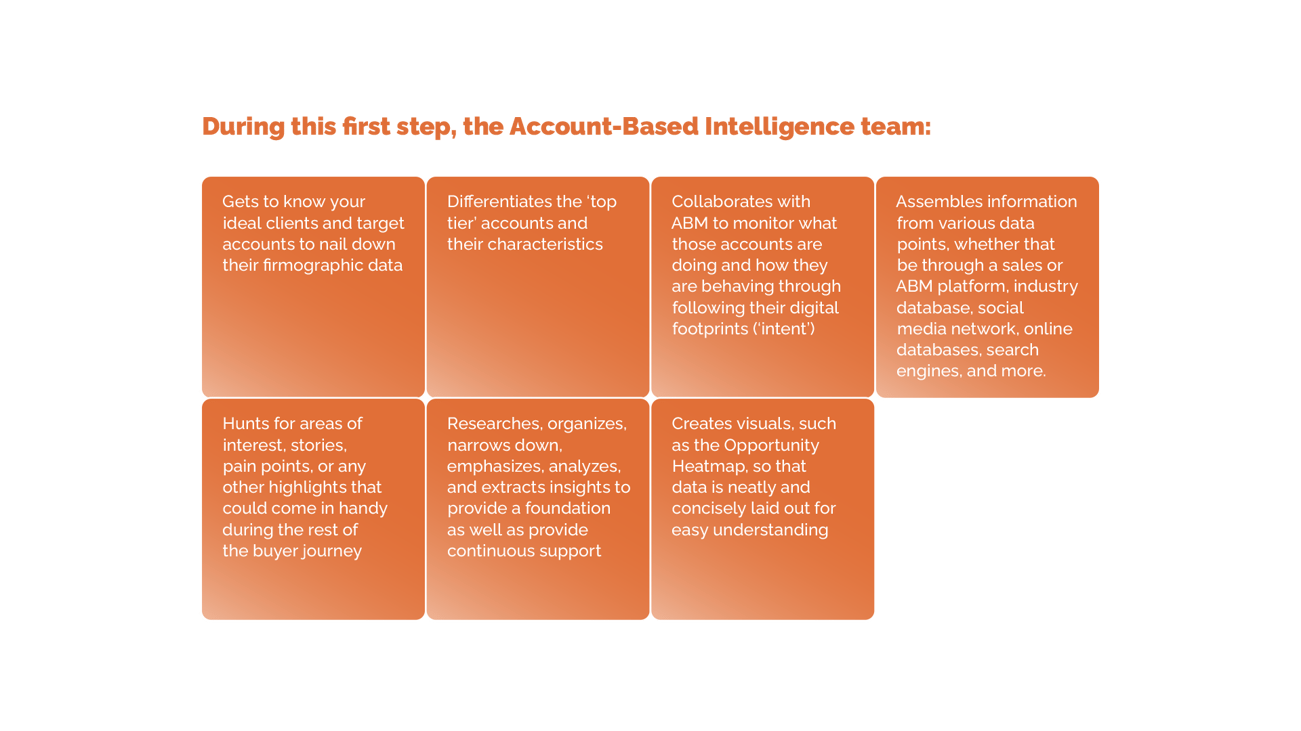Automation in the Industrial Sector for Growth
Introduction The turmoil of the last few years appears to have reached new heights, as inflation, the energy crisis and the remnants of the global...
3 min read
-1.png) Admin
:
Feb 28, 2023 5:52:02 AM
Admin
:
Feb 28, 2023 5:52:02 AM

The industrial sector seems to experience major lags regarding digitalization and automation – the latest trend that is currently defining the market.
Although catching up with such innovations can be hard, the tremendous result of their implementation tells us that ultimately it is worth the effort.
.
Introduction
In harsh economic conditions, each sector must brace themselves and prepare for inevitable impacts caused by factors such as the inflation, the pandemic or energy shortages due to armed conflicts between Ukraine and Russia. While economic problems are waiting for world leaders to be solved, corporate leaders have the duty to strengthen their organizations and their employees to ensure their future.
To remain strong amongst competitors on the market, companies should assess their own performance and practices, and compare those to their peers in order to identify their advantages and disadvantages, such as finding a pain point. Once a pain point or deprived area surfaces, it is significantly easier to stabilize strategies and generate business growth.
Where sectors like Finance & Insurance and IT excel, others appear to experience major lags – such is the industrial sector’s instance with digitalization and automation. Let’s review how the latter two could change and enhance these practices of industrial companies, and what it takes to boost the integration of automated processes even further.
Why Invest in Digitization and Automation?
Similarly to those in the Marine and Energy sector, ‘industrial companies have long trailed behind retailers and other B2C players when it comes to digitalizing their marketing and sales operations’ (McKinsey), meaning that the opportunity for survival through innovation is right at their hands, with benefits that can be true game-changers:
These above are the more pronounced perks of integrating automation and digitalization into sales and marketing processes, but there is way more to it. First of all, owing to automation, employees are experiencing less pressure because their schedule is less about administration and data management and more about outreach and interaction with clients. Additionally, more and more B2B customers prefer a delicate customer experience (CX) similar to B2C customers. Personalization through digital platforms is an excellent way of satisfying future clients and therefore enhancing both CX and customer loyalty. Apart from being time- and cost-efficient as well, these benefits above are bound to result in eventual revenue growth since they create opportunities and help generate demand in the market.
We may find ourselves wondering if automation is so great, why is the industrial sector so slow and hesitant to embrace it?
Overcome challenges of digital transformation
Unfortunately, the integration of digitalization and automation proves to be quite challenging for those who are unfamiliar with these practices. According to McKinsey’s article on tech-enabled go-to-market innovations, companies starting a pilot ‘are often unsure of how to proceed or are focused on the wrong initiatives, resulting in halting action and a failure to build significant value’. What is more, integrating all these new methods can be extremely time-consuming, often taking way longer to achieve ROI than expected and required.
We at Infinityn know the value of automation and our mission is to help our clients skyrocket through the digitization pilot and beyond.
The Agile-Account Based Growth (AABG) framework was customized and developed to be highly unique and versatile, using the combination of cutting-edge technology and the human element for the sake of authenticity. Taking an account-based approach, the framework contains the following five components, each having its function while being deeply interconnected:

Empowered by top-notch technology platforms, such as Salesforce, Folloze, Demandbase, etc., Infinityn offers help with its ABI, ABM, and ABSD function based on the AABG framework. The combination of the right tech stack, the right resources, and the right skill set allows for an immediate impact on pipeline and opportunity generation.
From the integration pilot, account-based services focus on demand generation through different aspects tailored to the needs of the client. We believe that generating opportunities is of great importance for revenue growth, and it must not lose its high priority, no matter how difficult the automation pilot may prove to be. This is why our experienced professionals are ready to help those who need assistance to make the transition as smooth as possible while building a strong pipeline as well.
Agile ABG is the fastest way of pipeline generation!
Introduction The turmoil of the last few years appears to have reached new heights, as inflation, the energy crisis and the remnants of the global...

The business world is shaken by the repercussions of current events and those in the near past. With our economic conditions becoming more and more...

TOPO’s “2019 ACCOUNT BASED BENCHMARK REPORT” – which included 150 account-based organizations - showed that every participant reached or exceeded a...

Growth process outsourcing is BPO for complex sales and marketing processes. Business process outsourcing (BPO) is a familiar term for most in the...

The beginning of the 2020s most definitely meant the beginning of a new era in many regards, including the world of business. Although exceptionally...

Discussion on how some technology enterprises are capitalizing on the downturn.
%202.jpg)
Marketing goes beyond promotion. Marketing is creativity, profound planning, understanding of your audience, analysing data – especially nowadays,...

Spam isn’t just unwanted email. It’s any uninformed, irrelevant interaction. It wastes your time and money. And annoys the buyers you were hoping to...

What’s the philosophy behind the technology of the most successful ABM programs? Answering this question was not the original intent when we set out...

Account-based marketing has been all the rage in the B2B world with big promises, new lingo, new buzzwords. We’ve been finding that it isn’t always...

“Every company wants to increase revenue.” That’s a pretty safe and agreeable statement to make.